Sustainability Science - A Key Concept for Future Design
Sustainability is indispensable for the future of humankind. Sustainability science has emerged as an effort to tackle the complex problems the world is facing today. Lecturers from different disciplines provide a holistic overview of key issues in sustainability including industrial pollution, an aging society, human-nature connection, urban planning, resilience, environmental governance, and education for sustainable development. In this course, you will learn about historical and current sustainability issues that have emerged around the world, as well as some of the approaches that have been used to solve them. You will be exposed to industrial and water pollution control issues, in addition to challenges caused by an aging and shrinking population. You will also learn about the human-nature connection and initiatives that aim to create sustainable societies in harmony with nature, based on the concept of Socio-Ecological Production Landscapes and Seascapes (SEPLS). You will explore how ecosystem-based disaster risk reduction (Eco-DRR) approaches can be used to reestablish the human-nature connection through re-naturalization of damaged environments. This course will also consider an urban planning point of view by exploring the value of an urban-rural land use mixture to create new sustainable societies and resilient megacities. Finally, you will learn about environmental governance, a crucial element for progress towards a sustainable future. You will be introduced to Education for Sustainable Development (ESD) as a learning method for sustainable development and discuss international debates on ESD. Japanese perspectives are emphasized throughout the course in the hopes of providing concrete value to solving contemporary sustainability issues.
Supported Language(s): English
Instructor(s)
Instructors' Voices
In this course, you will learn about:
- Historical lessons and current sustainability challenges in Japan and other parts of the world
- International and Japanese initiatives in the field of human-nature connection
- Japanese experience in urban-rural land use mixture
- Frontier knowledge in the area of environmental governance and ESD
- Theoretical concepts of sustainability science
Highlights
Highlight video: Sustainability Science01
Highlight video: Sustainability Science02
Highlight video: Sustainability Science03
Learners' Statistics
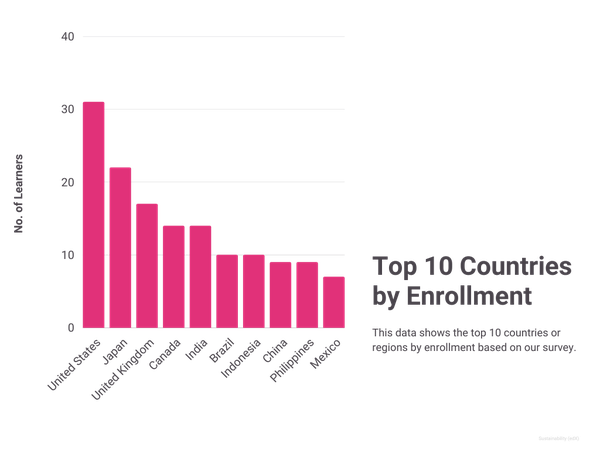
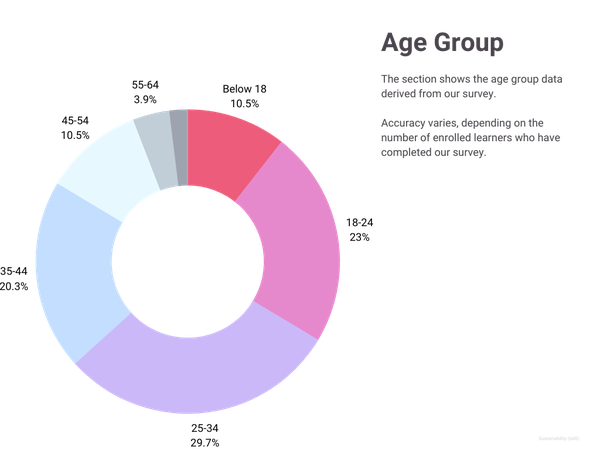
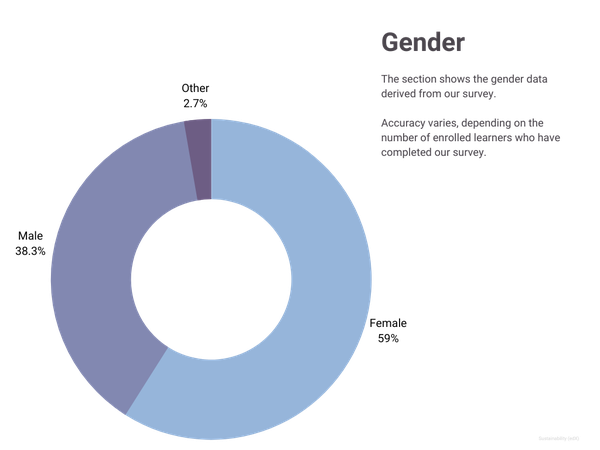
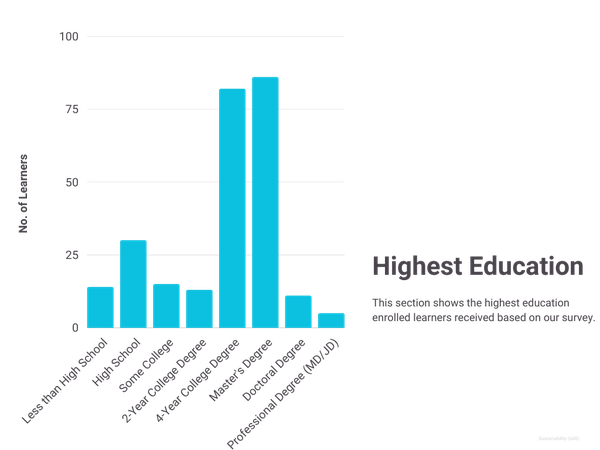
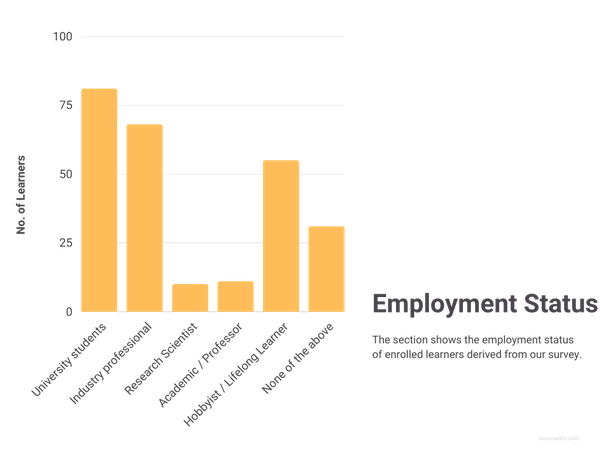
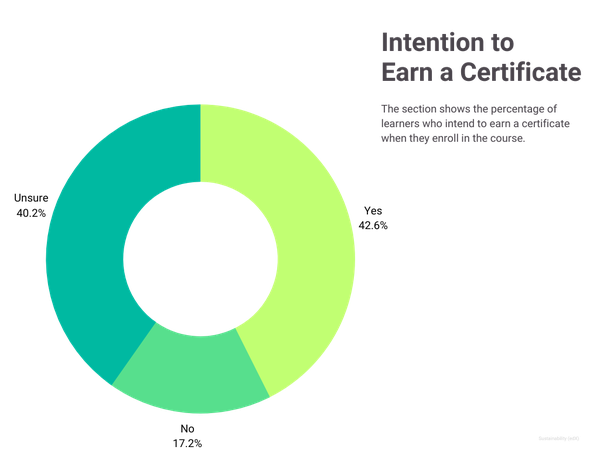
Learners' Voices
-
Student A
A lot of detail was covered with a lot of precise and accurate information. There was also a good mix of examples and data which was really nice to take note of.
-
Student B
I like the few videos where the Professors went to a real farm and did a video there. It showed great examples of what the gray landscapes look like and how farmers work in Japan. It would be very interesting to have more videos like that.
-
Student C
This course was very interesting ,well explained, structured and very rich in history.

